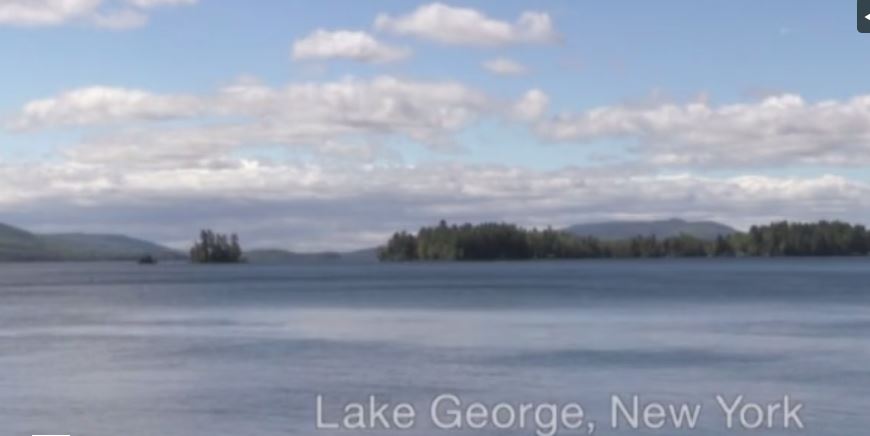The Jefferson Project at Lake George, one of the most ambitious research projects to deploy Big Data and analytics technology to manage and protect a body of fresh water, is entering a new phase in which enormous amounts of data will be captured from sensors and analyzed. Scientists anticipate that insights uncovered from the data collection and discovery stage of the project will not only help manage and protect one of America’s most famous lakes, but create a blueprint to preserve important lakes, rivers and other bodies of fresh water around the globe.
The potential impact of these new developments extends well beyond the shores of Lake George. By capturing and pooling data from all sorts of sensors and swiftly analyzing it, scientists, policy makers and environmental groups around the globe could soon accurately predict how weather, contaminants, invasive species and other threats might affect a lake’s natural environment. Armed with these new insights and a growing body of best practices, corrective actions could be taken in advance to protect fresh water sources anywhere in the world.
A collaboration between IBM Research, Rensselaer Polytechnic Institute and The FUND for Lake George, the Jefferson Project involves more than 60 scientists from around the world and IBM Research labs in Brazil, Ireland, Texas and New York. The project is deploying Internet of Things technology on a grand scale in conjunction with research and experimentation to understand the ecology of large lakes and the impact of human activity.

















